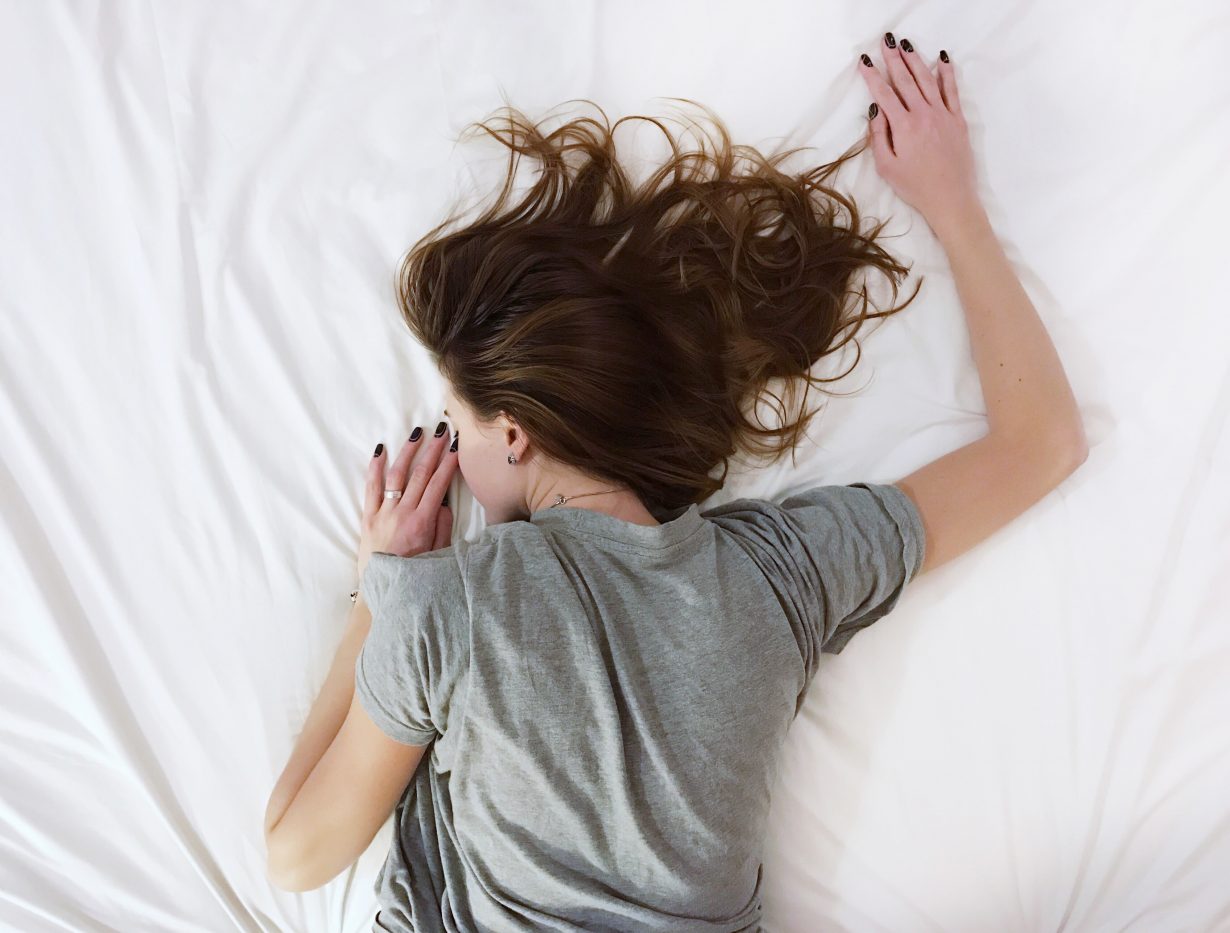
Spring Forward Your Clock, But Don’t Fall Back On Your Sleep
University of Texas Health Science Center at Houston via Newswise – Daylight saving time [was yesterday], and as many look forward to the longer and warmer days that accompany this time change, losing an hour of sleep can have you feeling out of sorts. An expert with The University of Texas Health Science Center at Houston (UTHealth) shares why it’s important to prepare our bodies for the time change.
“Daylight saving time is really hard on our internal clock,” said Kristin Eckel-Mahan, PhD, assistant professor in the Center for Metabolic and Degenerative Diseases at McGovern Medical School at UTHealth. “Our bodies function off our circadian rhythm, which works in sync with the outside light-dark cycle. So, when we advance our clock one hour it can really impact how our bodies react.”
Although it is only an hour, Eckel-Mahan says it is difficult for our internal or circadian clock to make the sudden change.
The circadian rhythm is the 24-hour cycle that is part of the body’s internal clock, and a critical part of the circadian rhythm is our sleep-wake cycle. The sleep-wake cycle is our daily pattern that determines when it’s time to sleep and when it’s time to be awake.
To prepare for the upcoming time change, Eckel-Mahan recommends to begin gradually adjusting your sleep routine one week ahead of daylight saving time.
“If you begin to adjust your sleep-wake cycle by just 10 minutes a day for the six days leading up to daylight saving time, you can really ease yourself into the hour time change. Doing this can be very helpful in adjusting your internal clock,” Eckel-Mahan said.
Light plays a significant role in adjusting our sleep-wake cycles. According to Eckel-Mahan, dimming the lights earlier to adjust to the upcoming time change and exposing yourself to brighter light in the morning can be a very effective way to shift your circadian rhythm to maintain a good night’s rest.
In addition to adjusting your sleep schedule, Eckel-Mahan suggests changing what time you eat.
“While light is the primary driver of our brain clock, food is a very strong driver of several peripheral organs. If you are eating late at night, even in dim light, it will send a different cue to your organs like your liver, or your muscles. So, I would suggest cutting the food off a little earlier and get it in sync with the adjustments you make to your sleep, because that is something that will really affect your internal clock,” she said.
Sleep plays an important role in cognition and biological processes such as restoring energy to the body and the removal of waste products from brain cells.
“Sleep is incredibly important to your health, and just as important as eating healthy and exercising,” Eckel-Mahan said. “Research shows poor sleep can put you at an increased risk of unhealthy weight gain, heart disease, and diabetes.”
Practicing these changes with the entire family can be beneficial to children and even pets.
This article has been modified. To read the original article click here.






